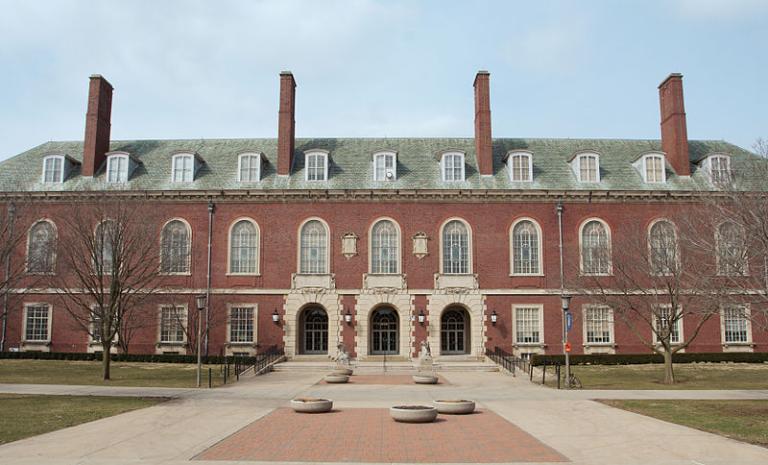(Sample tweets: “If (Israeli Prime Minister Benjamin) Netanyahu appeared on TV with a necklace made from the teeth of Palestinian children, would anybody be surprised?” and “You may be too refined to say it, but I’m not: I wish all the (expletive) West Bank settlers would go missing.”)
Now, this has been commented on previously by multiple bloggers/conservative websites, and you’ll have to excuse the fact that, in my quick-blog before starting work, I’m not digging out their prior observations. But:
To begin with, I’m not sure why the university hired an individual “whose academic interests include colonialism and the Middle East” to teach as a tenured professor in the American Indian studies program. Are they hard up for professors in that specialty?
Here’s his bio:
Steven Salaita is an associate professor of English at Virginia Tech.
He is the author of six books and writes frequently about Arab Americans, Palestine, Indigenous Peoples, and decolonization. His current book project is entitled Images of Arabs and Muslims in the Age of Obama.
Steven grew up in Bluefield, Virginia, to a mother from Nicaragua (by way of Palestine) and a father from Madaba, Jordan. He now lives in Blacksburg, Virginia, with his wife, bichon frise, and orange tabby.
What any of this has to do with teaching American Indian studies is beyond me. His bibiliography, from that same site, includes a book titled “Israel’s Dead Soul.”
Frankly, it speaks very poorly of the American Indian studies department and the university as a whole that someone without any specialty in the field was hired. Was he a “diversity hire” because his mother counted as “Hispanic”?
In any event, the university did hire him, and it is true that he is now in a difficult situation: ” He and his wife, Diana, resigned from their jobs at Virginia Tech University, where he was an English professor and she was an assistant director of the language and culture institute. They sold their home and now have “no income, no health insurance” and no preschool for their son. His family is living with his parents in the Washington, D.C., area, he later said.”
But does the notion of “academic freedom” mean that he has grounds for a lawsuit? This principle is just that, a principle, not a contractual agreement, except as it concerns tenured professors. Does Salaita have an enforceable employment agreement? Presumably not, as this would be front-and-center of any discussions. So he’s in the same position as many others who learn that job offers are rescinded, or that they’re fired for reasons that appear to be “unfair.” After all, is it any more “unfair” for Salaita to have had his job offer rescinded than for Mozilla CEO Brendan Eich to have been fired?
For that matter, let’s think about this: in any other line of work, would a public figure (and Salaita counts; I mean merely to distinguish this from someone who’s “invisible” in their day-to-day work) be able to tweet such things and be able to get away with claiming, “that’s on my own time, and has nothing to do with my work”? Or, on the other hand, is it because this is about Israel, that these tweets are considered “not really so bad” anyway, compared to saying the equivalent about an American minority group?











